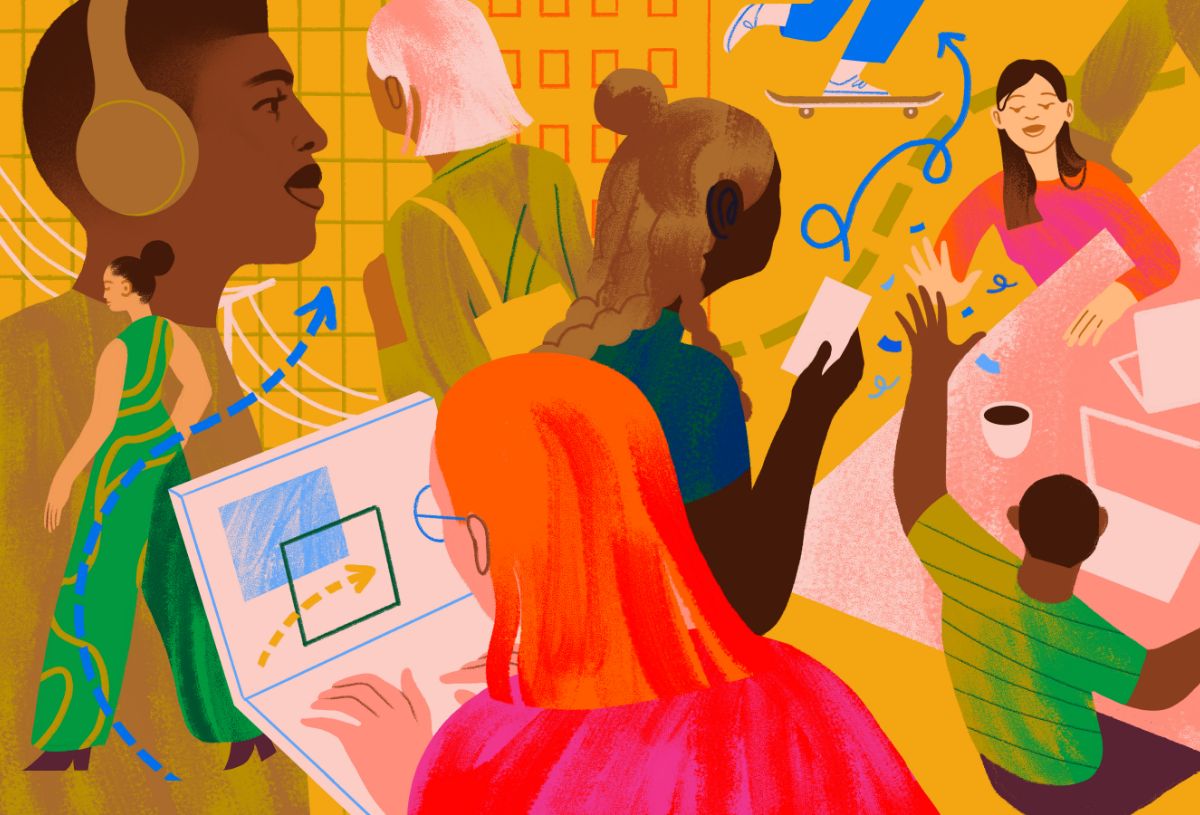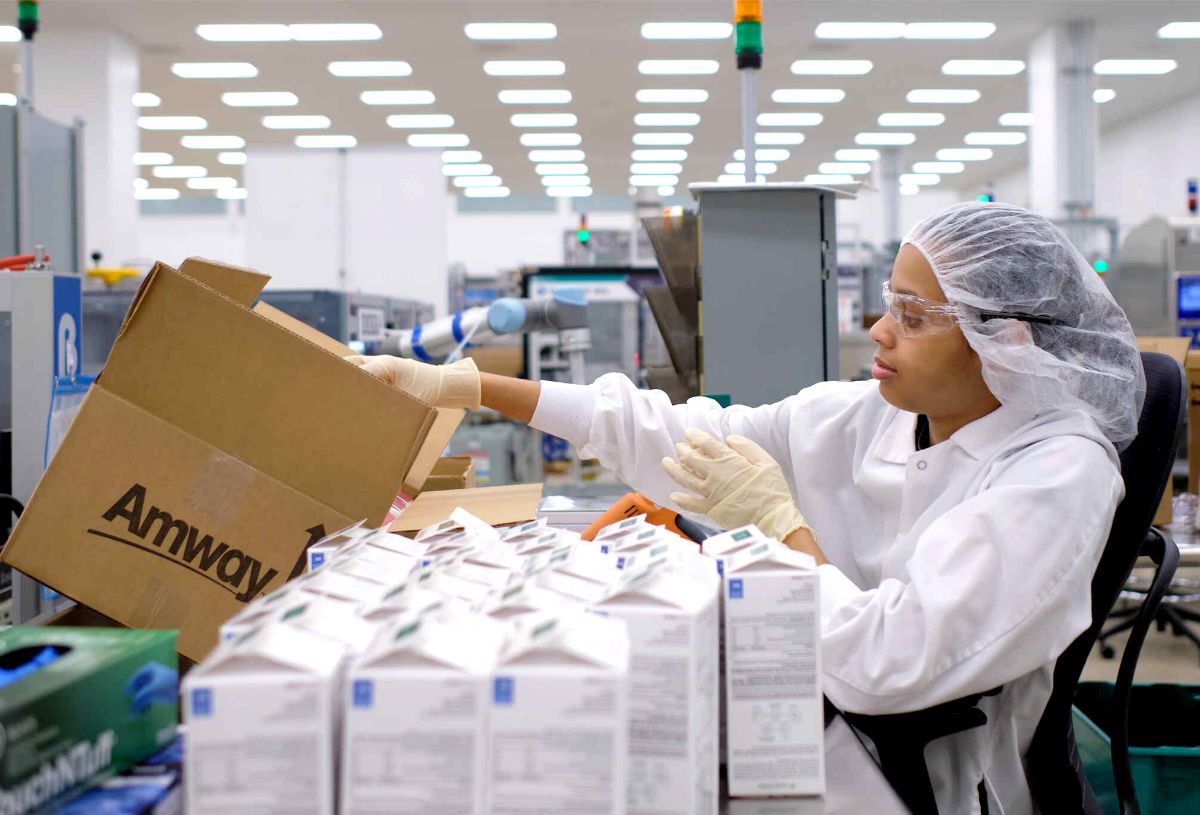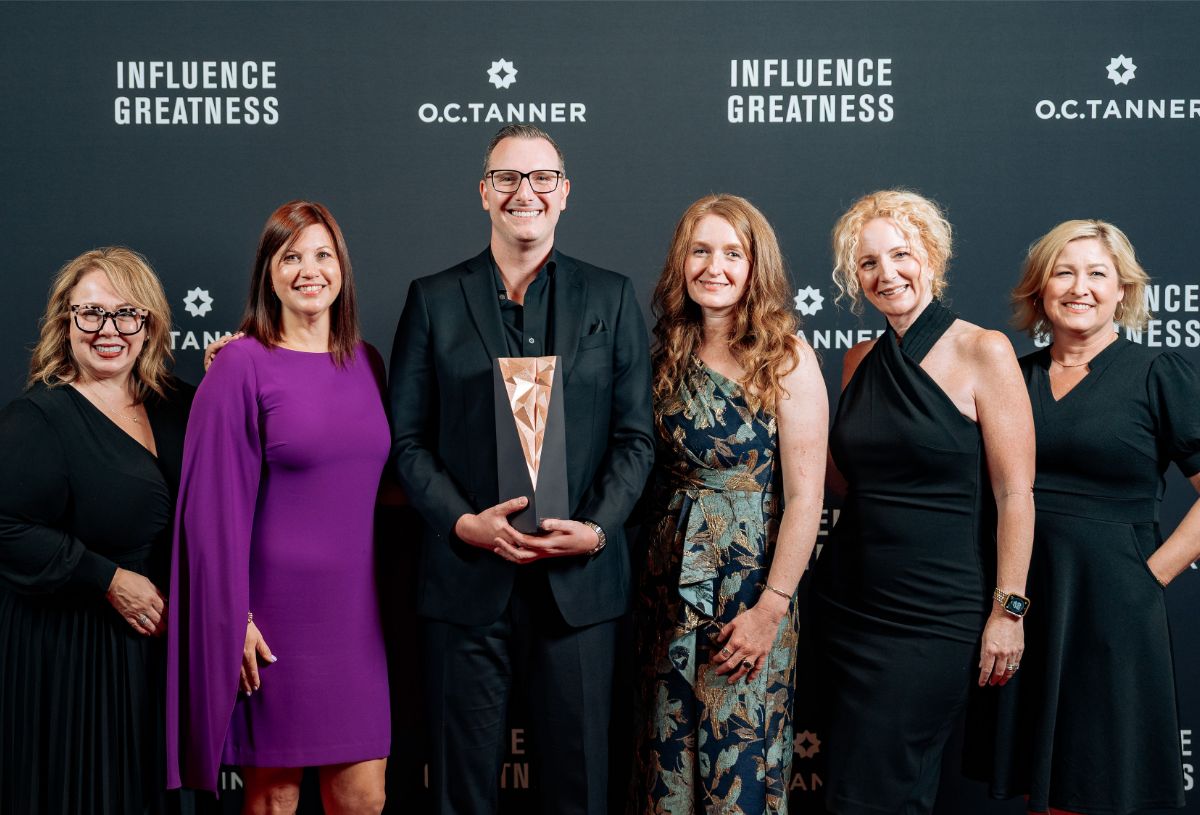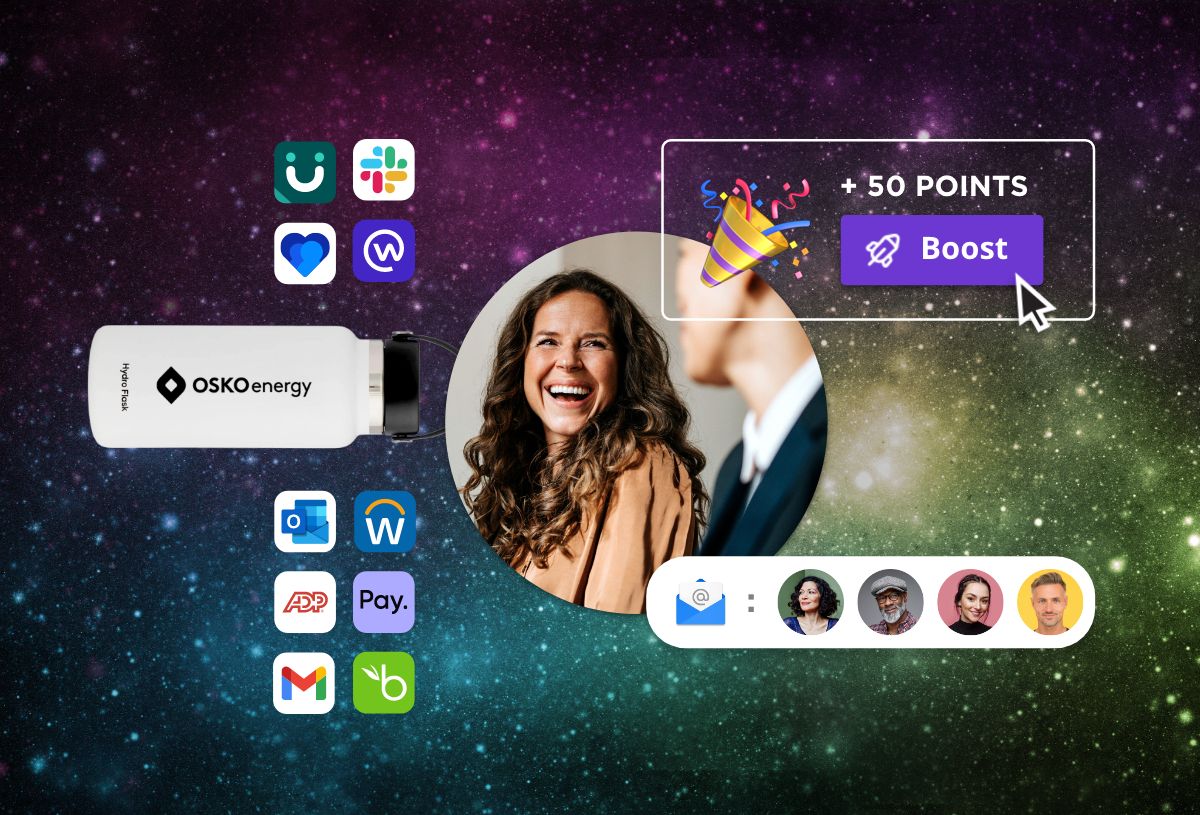Resources for HR Leaders and Recognition Experts

Your First 90 Days: 5 Ways for New Managers to Lead with Trust, Inspiration, and Recognition
Are you a new manager? Learn how to lead effectively in your first 90 days and inspire your workforce.
Your First 90 Days: 5 Ways for New Managers to Lead with Trust, Inspiration, and Recognition
Article
Leadership
Topic
All Content

How to Activate Recognition Across Your Organization in the New Year
Discover tools to recognize service and retail teams, give managers fun ways to celebrate wins, and extend recognition beyond the office into mobile and offline spaces.
How to Activate Recognition Across Your Organization in the New Year
Webinar
Employee Recognition
Topic
All Content

The Recognition Advantage: Building Healthy Performance Cultures that Last
Learn the critical role recognition plays in a healthy performance culture, how it connects to results, and strategies to turn appreciation into impact.
The Recognition Advantage: Building Healthy Performance Cultures that Last
White Paper
Employee Recognition
Topic
All Content

Large, Global Chemical Company: A Global Employee Recognition Strategy
This large, global, chemical company's previous attempt at employee recognition was not successful. See how they worked with O.C. Tanner to create a strategy that thrived.
Large, Global Chemical Company
Client Stories
Employee Experience
Topic
All Content

Capture the Spark: How Practicing Hope and Inspiration Elevate the Employee Experience
See what the latest research says about how to help employees feel inspired and the positive outcomes of inspiration and hope in the workplace.
Capture the Spark: How Practicing Hope and Inspiration Elevate the Employee Experience
Webinar
Employee Experience
Topic
All Content

What Does Each Generation Want from an Employee Recognition Program?
Do different generations have different perspectives on workplace recognition? Get 4 key takeaways from a panel of employees.
What Does Each Generation Want from an Employee Recognition Program?
Article
Employee Recognition
Topic
All Content

Recognition and Rewards: Why You Need Both for a Complete Employee Engagement Strategy
Discover the impact that recognition and workplace rewards can have on your employee experience.
Recognition and Rewards: Why You Need Both for a Complete Employee Engagement Strategy
Article
Employee Recognition
Topic
All Content
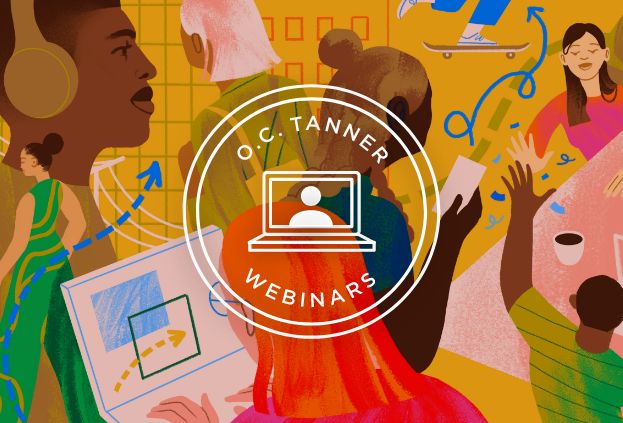
Unlocking Workplace Inspiration: Regional Insights from the 2026 Global Culture Report
Learn how to transform your culture through inspiration, inclusive teams, and the effective practice of hope.
Unlocking Workplace Inspiration: Regional Insights from the 2026 Global Culture Report
Webinar
Company Culture
Topic
All Content



